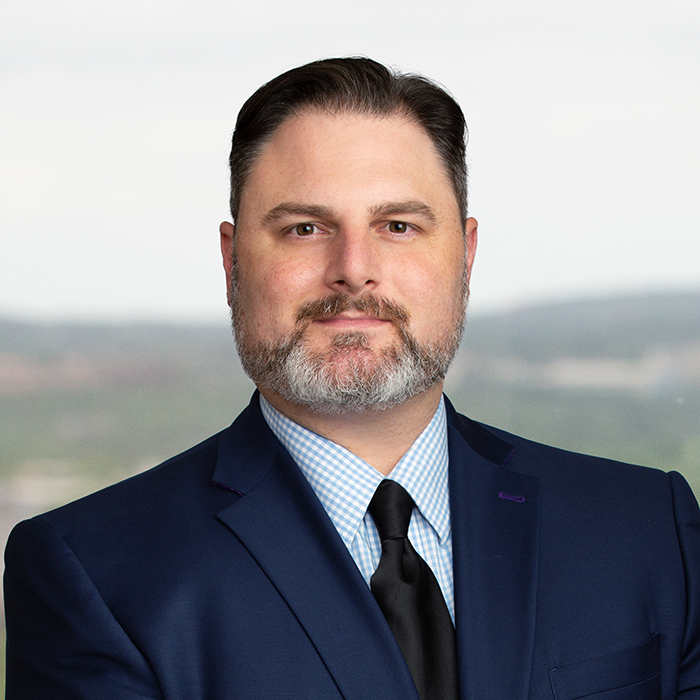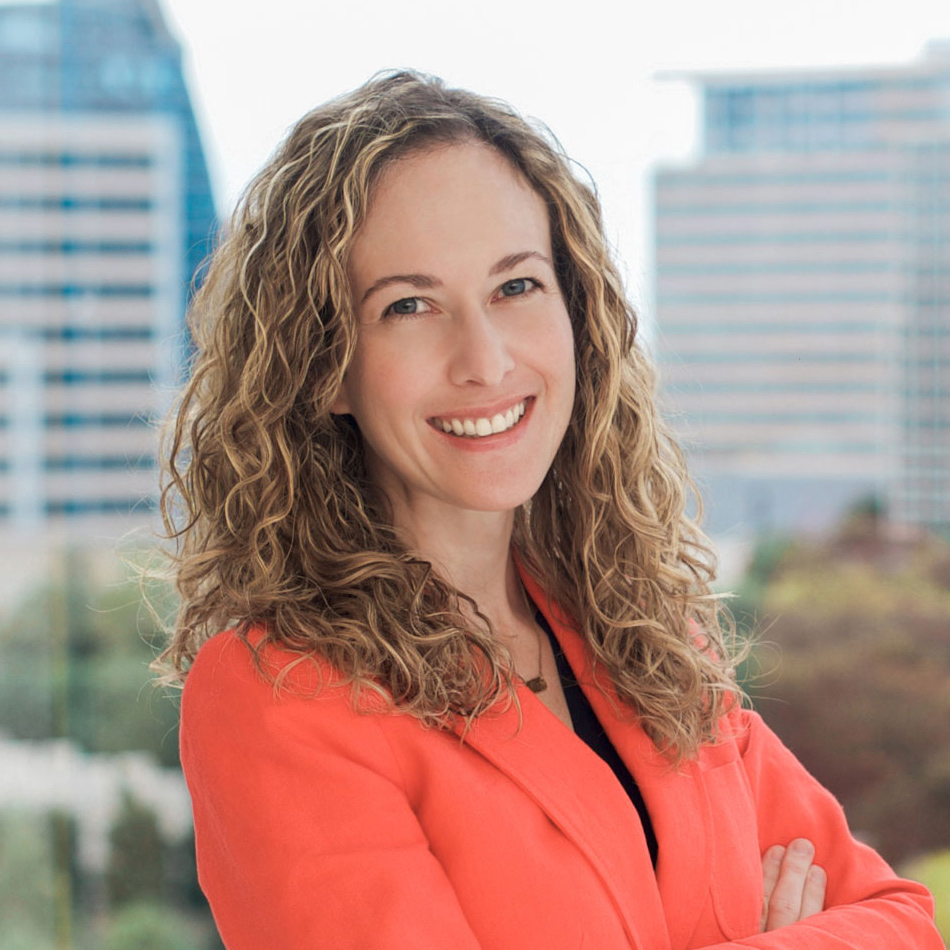By Emilio Nicolas & Shannon Zmud Teicher
Copyright litigants should take note of the pair of unanimous decisions handed down by the Supreme Court on Monday: Fourth Estate Public Benefit Corp. v. Wall-Street.com, LLC, No. 17-571, 2019 LEXIS 1730 (Mar. 4, 2019), and Rimini Street, Inc. v. Oracle USA, Inc., No. 17-1625, 2019 U.S. LEXIS 1733 (Mar. 4, 2019). The opinions are like a set of bookends for how to start a case and what you may recover in the end. Fourth Estate clarifies that registration must issue before a copyright owner may file an infringement lawsuit, and Rimini Street answers what type of costs a court may award in a copyright case.
Copyright registration, not merely filing an application, is a prerequisite to filing suit.
In Fourth Estate, the Court resolves a long-standing circuit split over whether the Copyright Office’s act of registering a copyright is a prerequisite to filing suit for infringement (the “registration approach”); or whether it is enough to simply have a complete application on file with the Copyright Office (the “application approach”). These competing approaches related to the so-called “registration requirement” of Section 411(a) of the Copyright Act, which provides that “no civil action for infringement of the copyright in any United States work shall be instituted until preregistration or registration of the copyright claim has been made in accordance with this [Title 17 of the United States Code].”[1]
Writing for the Court, Justice Ruth Bader Ginsburg announced that the registration approach is now the law of the land. The Copyright Office must affirmatively register, or refuse to register, a copyright before the copyright owner can file a lawsuit for the infringement of that copyright. No longer can a copyright owner rely on the application approach, which has long been the accepted practice in the Fifth and Ninth Circuits and various district courts.
The registration approach has been criticized as depriving copyright owners of their rights and remedies while they wait for registration to issue. It currently takes seven months on average for the Copyright Office to process an application. The delay is due in large part to the Copyright Office’s limited staff and budget. While the Court recognized the delay, it also recognized how the resolution of those staffing and budgetary shortages is within the purview of Congress, not the courts.
The Court further noted “the Copyright Act safeguards copyright owners, irrespective of registration, by vesting them with exclusive rights upon creation of their works and prohibiting infringement from that point forward.”[2] In addition, if a work is of the type susceptible to prepublication infringement, such as a movie or musical composition, a copyright owner may file suit on an expedited basis through the Copyright Act’s “preregistration” procedures. However, the copyright owner must apply for full registration promptly after the preregistered work’s publication or infringement, or risk the dismissal of a suit brought in reliance on preregistration. In the event of pending or prospective litigation, a copyright owner may ask the Copyright Office for the expedited processing of a claim for an additional $800 special handling fee. Given the current queue, one wonders if the Copyright Office will be able to handle an influx of applications on either a regular or expedited basis. Only time will tell what effect the registration approach will have on the Copyright Office, the courts, and future litigants.
An award of “full costs” does not include expert witness, e-discovery, or jury consulting fees.
In Rimini Street, the Court interpreted the term “full costs” under Section 505 of the Copyright Act to mean an award of the full amount of taxable costs of suit incurred by the prevailing party in a copyright suit. Writing for the Court, Justice Brett Kavanaugh explained: “The term ‘full’ is a term of quantity or amount; it does not expand the categories or kinds of expenses that may be awarded as ‘costs’ under the [federal] general costs statute.”[3]
Rimini Street overturns a Ninth Circuit decision that affirmed a trial court’s award of $12.8 million in litigation expenses to Oracle. Oracle had prevailed on its copyright infringement claims against Rimini Street for the unlicensed use of Oracle’s software. Oracle then sought an award of all litigation expenses incurred to pursue its claims. The Ninth Circuit broadly interpreted Section 505’s “full costs” language by affirming an award to Oracle of its taxable costs of suit, as well as its nontaxable costs. Taxable costs refers to the six categories of litigation costs a federal court may award against a losing party pursuant to the federal general costs statutes, 28 U.S.C. §§ 1821 and 1920, including, for example, certain clerk, marshal, and transcript fees, and certain per diem witness fees and disbursements. Nontaxable costs refers to all other expenses a party may incur, including, for example, a party’s own expert witness, e-discovery, and jury consulting fees and expenses. Rimini Street puts an end to that expanded interpretation of Section 505.
An altered copyright infringement litigation landscape.
The Fourth Estate and Rimini Street decisions provide some much needed clarity over two key provisions of the Copyright Act: the timing of suit and the amount of costs that may be recovered after a successful action. Copyright plaintiffs and defendants alike must adapt to these changes in the legal landscape, and consider how these changes affect their registration, protection, and litigation strategies. If you have any questions about these decisions or copyright law generally, then please contact Emilio Nicolas or Shannon Teicher.
[1] 17 U.S.C. § 411(a).
[2] See Fourth Estate, 2019 U.S. LEXIS 1730 at *19-20.
[3] See Rimini Street, 2019 U.S. LEXIS 1733 at *4 & 10.
 Meet Emilio
Meet Emilio
Entertainment and intellectual property law partner Emilio B. Nicolas is an experienced content and information attorney. His practice includes entertainment, media, technology, and intellectual property litigation and transactional work, with a particular emphasis on copyright, trademark, and privacy law. When Emilio is not advocating for his clients and their intellectual property and business rights in court, he is representing and counseling his clients on intellectual property and media rights management, clearance, and licensing matters, entertainment and media industry transactions, and internet privacy and compliance matters.
 Meet Shannon
Meet Shannon
Shannon Zmud Teicher has over a decade of experience defending clients in First Amendment, intellectual property, and commercial litigation. She is a trial and appellate attorney who advises clients in media, advertising, entertainment, technology, and cybersecurity issues. Shannon helps all sorts of creative and technology-driven businesses protect, license, and distribute their intellectual property. Representative clients include: web and app developers, e-commerce sites and other online services, traditional media, digital content providers, affiliate networks and ad display networks, and advertisers and marketers.
The opinions expressed are those of the authors and do not necessarily reflect the views of the firm, its clients, or any of its or their respective affiliates. This article is for informational purposes only and does not constitute legal advice.



